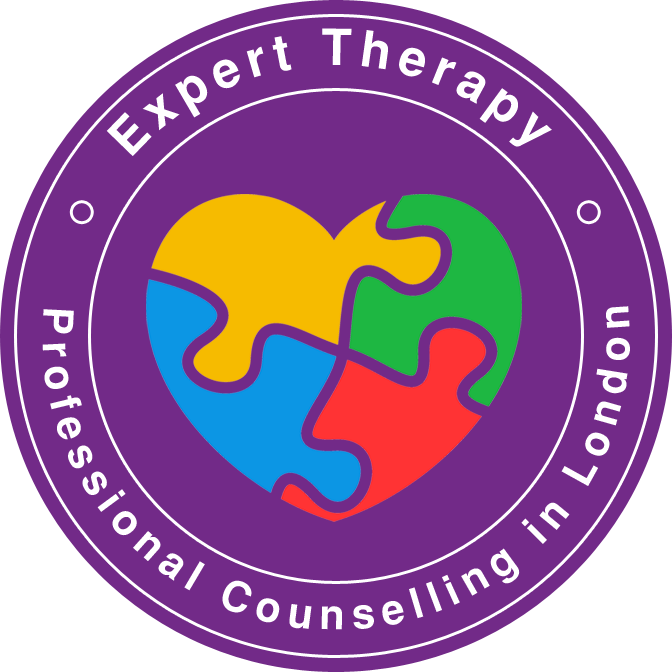What is counselling?
Many people will, at some point in their lives, find themselves in the role of a counsellor without having a true understanding of the concept of counselling or what the role of the professional counsellor entails. There is a big difference between a professional counsellor and a person who uses some counselling skills as part of their role, for example as a friend or colleague. A professional counsellor is a highly-trained individual who is able to use a different range of counselling approaches with their clients.
Counselling is:
- The process that occurs when a client and counsellor set aside time to explore difficulties which may include the stressful or emotional feelings of the client.
- The act of helping the client to see things more clearly, possibly from a different view-point. This can enable the client to focus on feelings, experiences or behaviour, with a goal of facilitating positive change.
- A relationship of trust. Confidentiality is paramount to successful counselling. Professional counsellors will usually explain their policy on confidentiality. They may, however, be required by law to disclose information if they believe that there is a risk to life.
Counselling is not:
- Being judgmental.
- Attempting to sort out the problems of the client.
- Expecting or encouraging a client to behave as the counsellor would behave if confronted with a similar problem in their own life.
- Getting emotionally involved with the client.
- Looking at a client’s problems from your own perspective, based on your own value system.
Definition of Counselling Psychology:
Counselling psychology is a broad specialization within professional psychology concerned with using psychological principles to enhance and promote the positive growth, well-being, and mental health of individuals, families, groups, and the broader community. Counselling psychologists bring a collaborative, developmental, multicultural, and wellness perspective to their research and practice. They work with many types of individuals, including those experiencing distress and difficulties associated with life events and transitions, decision-making, work/career/education, family and social relationships, and mental health and physical health concerns. In addition to remediation, counselling psychologists engage in prevention, psycho-education and advocacy. The research and professional domain of counselling psychology overlaps with that of other professions such as clinical psychology, industrial/organizational psychology, and mental health counselling.
Counselling psychology adheres to an integrated set of core values: (a) counselling psychologists view individuals as agents of their own change and regard an individual’s pre-existing strengths and resourcefulness and the therapeutic relationship as central mechanisms of change; (b) the counselling psychology approach to assessment, diagnosis, and case conceptualization is holistic and client-centred; and it directs attention to social context and culture when considering internal factors, individual differences, and familial/systemic influences; and (c) the counselling process is pursued with sensitivity to diverse sociocultural factors unique to each individual.
Counselling psychologists practice in diverse settings and employ a variety of evidence-based and theoretical approaches grounded in psychological knowledge. In public agencies, independent practices, schools, universities, health care settings, and corporations, counselling psychologists work in collaboration with individuals to ameliorate distress, facilitate well-being, and maximize effective life functioning.
Research and practice are viewed as mutually informative and counselling psychologists conduct research in a wide range of areas, including those of the counselling relationship and other psychotherapeutic processes, the multicultural dimensions of psychology, and the roles of work and mental health in optimal functioning. Canadian counselling psychologists are especially concerned with culturally appropriate methods suitable for investigating both emic and etic perspectives on human behaviour, and promote the use of research methods drawn from diverse epistemological perspectives, including innovative developments in qualitative and quantitative research.
Problems Addressed
The problems addressed by counseling psychology are addressed from developmental (lifespan), environmental and cultural perspectives. They include, but are not limited to:
- School and career/work adjustment concerns.
- Making decisions about career and work, and dealing with school‐work‐retirement transitions.
- Relationship difficulties‐including marital and family difficulties.
- Learning and skill deficits.
- Stress management and coping with negative life events.
- Organizational problems.
- Dealing with and adjusting to physical disabilities, disease or injury.
- Personal/social adjustment.
- The development of one’s identity.
- Persistent difficulties with relating to other people in general.
- Mental disorders.
References:
https://www.apa.org/ed/graduate/specialize/counseling

